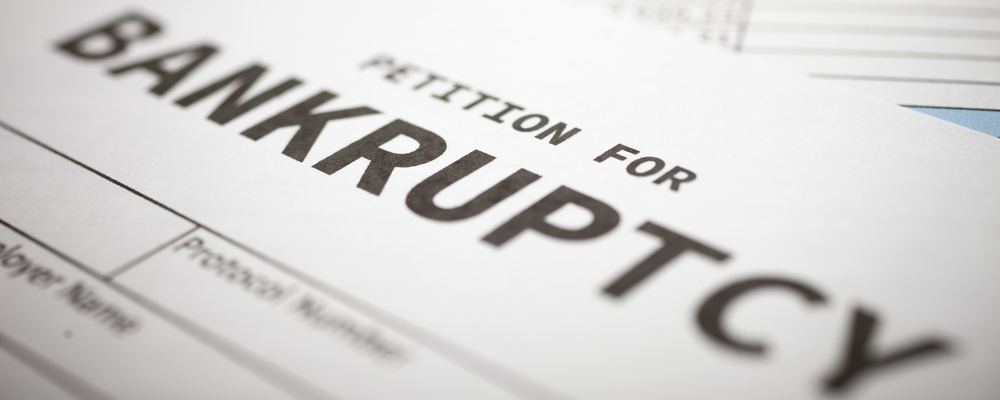Benbrook Bankruptcy Lawyers

Experienced Tarrant County Bankruptcy Attorneys
Are you drowning in a sea of debt with no relief in sight? If so, bankruptcy may be the solution to your financial woes. Through bankruptcy, individuals and businesses can eliminate their debts or create manageable repayment plans, allowing them to regain control of their finances. By understanding the types of debts that can be discharged and the steps involved in filing for bankruptcy, you can navigate through this process effectively.
The Types of Debts That May Be Discharged
In both Chapter 7 and Chapter 13 bankruptcies, various types of unsecured debts can potentially be discharged. Unsecured debts are those not tied to specific collateral or assets that may be repossessed by creditors if payments are not made. Examples include:
- Credit card debt: This includes balances owed on credit cards as well as any unpaid finance charges.
- Medical bills: Hospital stays, doctor's visits, surgeries — medical expenses add up quickly and can become overwhelming.
- Past-due utility bills: Failure to pay these bills promptly could result in disconnections and additional fees, which can further exacerbate debt problems.
- Personal loans: Money borrowed from friends or family members may also be eligible for discharge under certain circumstances.
- Past-due rent payments: Missed rent payments can lead to eviction proceedings, which will only add stress during an already challenging time.
- Judgment awards from lawsuits (excluding certain types): The ability to discharge these judgments depends on various factors, including the nature of the lawsuit itself.
Note that some forms of debt cannot typically be discharged through bankruptcy. These include:
- Student loans: It is difficult to have student loan debt discharged during bankruptcy unless the debtor can demonstrate "undue hardship," which is a high standard established by the courts.
- Tax debt: Certain types of tax debts may be eligible for discharge, but it largely depends on factors such as when the taxes were incurred and other specific circumstances.
- Domestic support obligations: Any amounts owed toward child support or alimony must be paid in full, and the requirement to repay these amounts cannot be eliminated through bankruptcy.
The Steps Involved in Filing for Bankruptcy
The bankruptcy process involves several steps before obtaining relief from your debts:
- Educate yourself and assess your Situation: You can take steps to understand the different types of bankruptcies available (Chapter 7 and Chapter 13) and analyze your personal financial situation to determine which option is most suitable for you. Consider consulting with an experienced bankruptcy attorney who can guide you through this process.
- Credit counseling: You will be required to complete credit counseling with an approved agency within 180 days before filing for bankruptcy. The objective of this counseling is to assess the potential alternatives to bankruptcy and determine whether those options could address your financial problems effectively.
- Complete required forms: Gather necessary documents such as income records, tax returns, property information, loan agreements, credit card statements, etc. You can then file official forms detailing all pertinent financial information with the appropriate bankruptcy court in your region.
- Automatic stay: Upon filing a petition for either Chapter 7 or Chapter 13 bankruptcy, an automatic stay will be invoked, preventing creditors from taking further collection actions against you. This stay halts all harassing creditor calls, wage garnishments, utility shut-offs, and pending foreclosures or repossessions.
- Trustee meeting: Around 20-40 days after filing for bankruptcy, you must attend a meeting of creditors. During this meeting, the appointed trustee will ask questions related to your bankruptcy documents and financial situation.
The final requirement in most bankruptcies involves completing a financial management course offered by an approved counselor. This debtor education is meant to help you manage your finances responsibly moving forward.
Filing for bankruptcy requires careful attention to detail and adherence to federal and state regulations. To navigate this process effectively, it is recommended to engage the services of an experienced bankruptcy attorney who understands the complexities involved in successfully seeking relief from debts.
Contact Our Benbrook, TX Bankruptcy Lawyers Today
If you find yourself drowning in debt, reach out to Acker Warren P.C. today. Our dedicated team of attorneys has extensive experience helping clients seek relief through bankruptcy, and we will guide you every step of the way toward regaining control over your financial future. We understand that each client's situation is unique; therefore, we tailor our approach accordingly, crafting effective strategies designed around your individual needs and goals. We focus on explaining complex legal jargon plainly while providing compassionate support during difficult times.
Contact us today by calling 817-752-9033 and scheduling a free consultation. Let us guide you through every phase of your bankruptcy case, from your initial consultation until you achieve long-lasting financial freedom.









